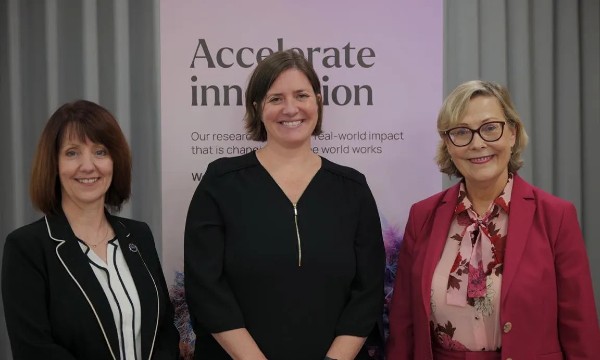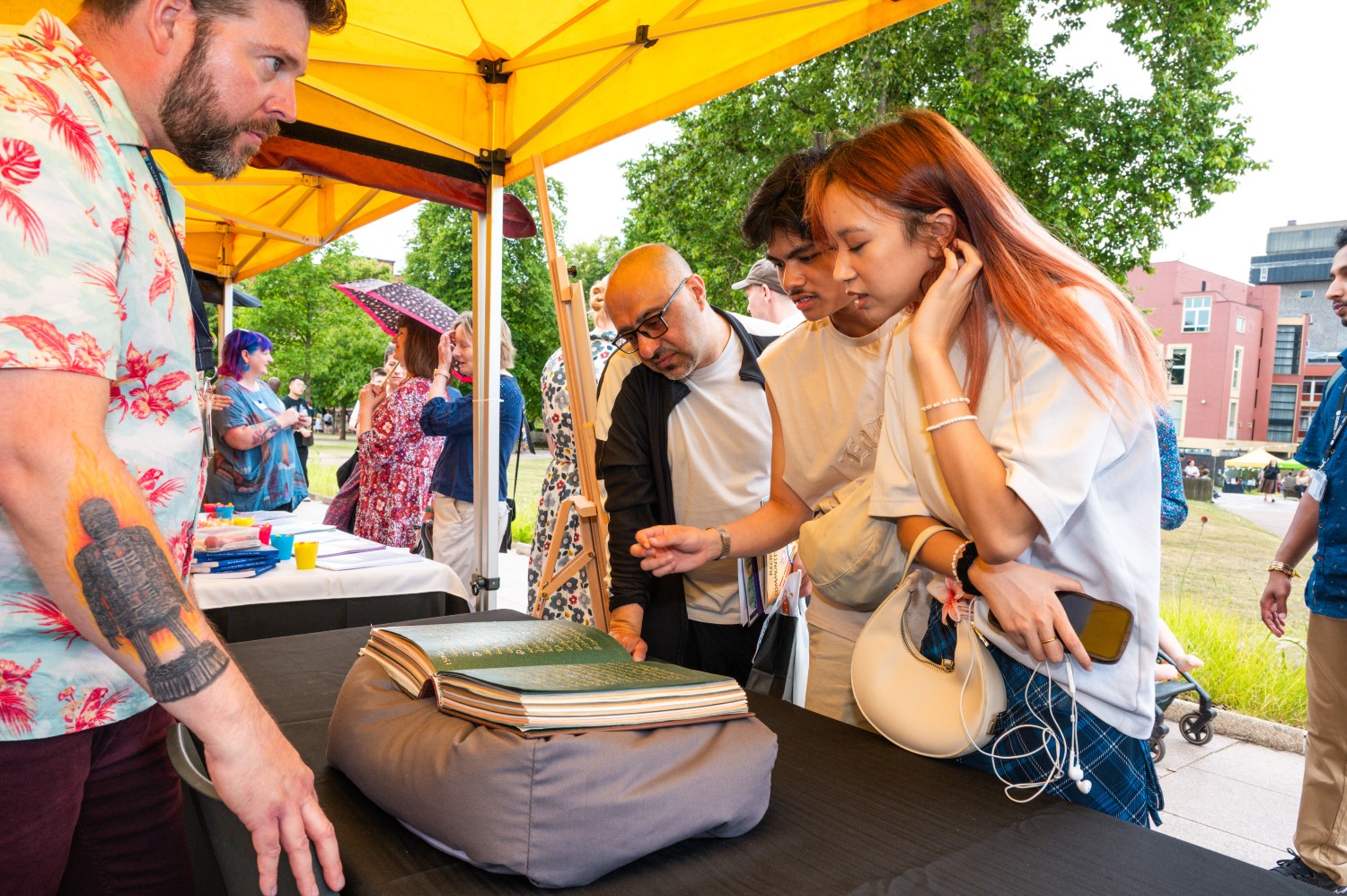Do self-testing kits deliver what they promise?
Off-the-shelf health tests need much greater regulation due to significant concerns over accuracy claims and the suitability of the tests for the public, a landmark study has found.
Research led by Professor Jon Deeks and published in the BMJ reviewed a range of commercially available health tests purchased from mainstream shops, including tests for vitamin deficiency, blood cholesterol, menopause and bowel cancer.
The study highlighted concerns about how the tests presented claims for accuracy, as well as issues with the usability and safety of tests, with 18 self-tests being flagged by the research team that could lead to an erroneous result or action.
Professor Deeks says: ‘A plethora of new health self-tests have emerged in recent years and are available to buy from many high street supermarkets and pharmacies in the UK. While these kits have been approved for sale, they are not subject to the same stringent regulations as pharmaceutical products.
‘Our research raises concerns about the suitability, accuracy and usability of many of the self-testing products available that require users to sample, test and interpret results themselves.’
The team is now calling for better regulation and guidance for manufacturers, retailers and healthcare professionals to protect consumers of off-the-shelf health self-tests.
 University of Birmingham Brussels office
University of Birmingham Brussels office
The University of Birmingham’s new office in Brussels has opened, deepening its commitment to research collaboration with European partners.
Senior leaders from European institutions, business and academia attended the opening of the office and had the opportunity to learn more about the University's research strengths. The work of researchers with EU-funding is extensive, from uncovering how language and translation shapes EU law, to reimagining surfaces with circular, bio-based materials and using personalised treatments to pave the way for more inclusive clinical research.
Opening the event, Professor Rachel O’Reilly MBE FRS, Pro-Vice Chancellor (Research) said: 'University of Birmingham researchers – me included – know that international collaboration enhances the quality, relevance and reach of our research. This new office is a symbol of our commitment to nurture existing partnerships and forge new ones with European partners.'
In 2024, the UK won over €735m in Horizon Europe grants, making it the 5th most successful country in the programme that year. The University of Birmingham, a top UK performer in Horizon's Pillar II, will use the office as a gateway to grow its networks and deepen partnerships that will accelerate research excellence and impact.
Pictured: (l-r Professor Carole Mundell, Director of Science at the European Space Agency, Professor Rachel O'Reilly MBE FRS, Pro-Vice-Chancellor (Research), University of Birmingham and Ms Signe Ratso, Deputy Director General at the European Commission's Research and Innovation Directorate).
Find out more about the University's Brussels office.
A Qur’an for the community
 A beautiful hand-finished book containing transcriptions of verses from the Qur’an by members of the community was showcased at the University’s Community Festival.
A beautiful hand-finished book containing transcriptions of verses from the Qur’an by members of the community was showcased at the University’s Community Festival.
The project was part of the Qur’an in the City project which sought to forge deeper connections between the Birmingham Qur’an manuscript fragment, and the diverse communities it inspires.
The manuscript, held in the University’s Cadbury Research Library, is one of the earliest surviving Qur’an fragments. The Community Qur’an, which was hand finished and bound, will also find a home in the Library, where it is available for public viewing by appointment
Qur’an in the City and the Community Qur’an are projects delivered by the University’s Culture Forward initiative in partnership with cultural and community organisations from across Birmingham, including the Museum of Islamic Arts and Heritage Foundation, Soul City Arts, Winterbourne House and Gardens and Birmingham Botanical Gardens.
Find out more about the Birmingham Qur'an.
Birmingham astronomers have front-row seat for dazzling new images of the cosmos

This summer, the first images from the world’s largest digital camera have been released to the public, revealing never-before-seen details of distant galaxies.
Delivered by the Vera C. Rubin Observatory in Chile, and with involvement from University of Birmingham astronomers, the images mark the beginning of Rubin’s 10-year Legacy Survey of Space and Time (LSST), which is heralding the dawn of a new era in astronomy.
In the UK, the Science and Technology Facilities Council has invested £23 million to enable UK scientists, including Birmingham astronomers, to play leading roles in Rubin/LSST and the global teams that will deliver exciting scientific breakthroughs in the years ahead.
Professor Graham Smith, University of Birmingham Professor of Physics and Astronomy and Project Scientist for LSST:UK, said: ‘Birmingham has been at the forefront of the UK's role in Rubin/LSST since day one, just over a decade ago. I am really thrilled that Birmingham postdocs and students can now use the amazing data that are starting to emerge from Rubin and explore the universe in new and innovative ways.
‘This exciting opportunity touches our whole community — from cosmology to galaxies, to multi-messenger astronomy, to stars and planets, and more — so this is an important moment to bring us all together and to share with the wider Birmingham family.’
Partnership aims to improve educational experience for autistic young people
The University of Birmingham’s Autism Centre for Education and Research (ACER) has formed a partnership with the Sheila Coates Foundation (SCF) to improve educational experiences for autistic young people in schools.
The Sheila Coates Foundation (SCF) is an independent charity committed to enhancing the education and mental health of autistic young people. The charity funds creative and forward-thinking projects in mainstream schools and colleges that go beyond existing provision to improve the mental wellbeing and educational outcomes of autistic students.
Bringing together ACER’s world-leading research expertise and SCF’s grassroots support for innovative school-based projects across England, the partnership seeks to remove the significant barriers faced by autistic young people in mainstream education.
Professor Laura Crane, Professor of Autism Studies and Director of ACER said: ‘I am absolutely thrilled that ACER is partnering with the Sheila Coates Foundation on this exciting and important new project. Schools often develop innovative and forward-thinking solutions to meet the needs of their autistic pupils. Yet these initiatives often lack a strong evidence-base and tend to happen in silos. We are working with the Sheila Coates Foundation to address these gaps, drawing on ACER’s long-standing expertise in research and engagement activities around good practice in autism education.’
Find out more about how the University supports inclusive education.